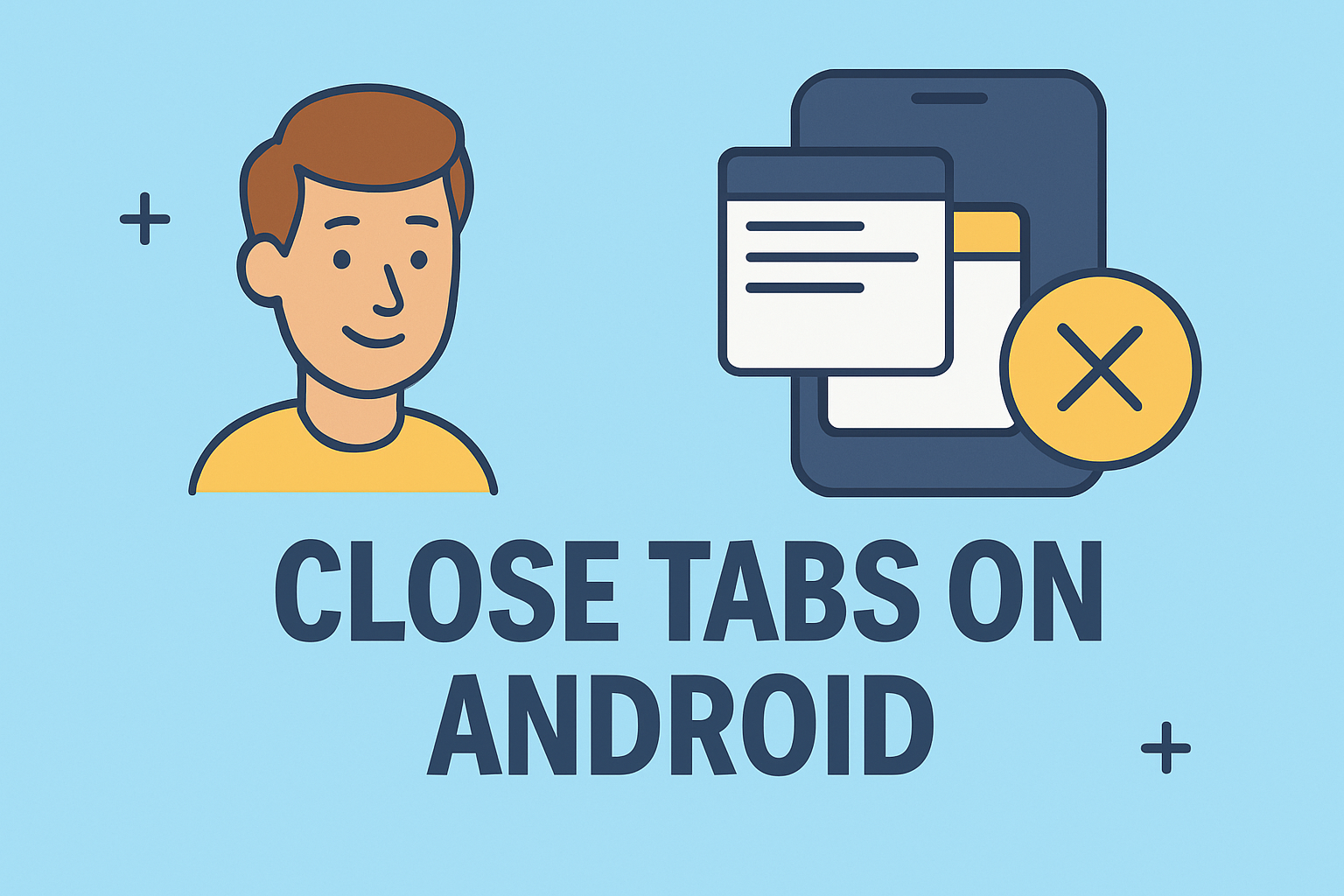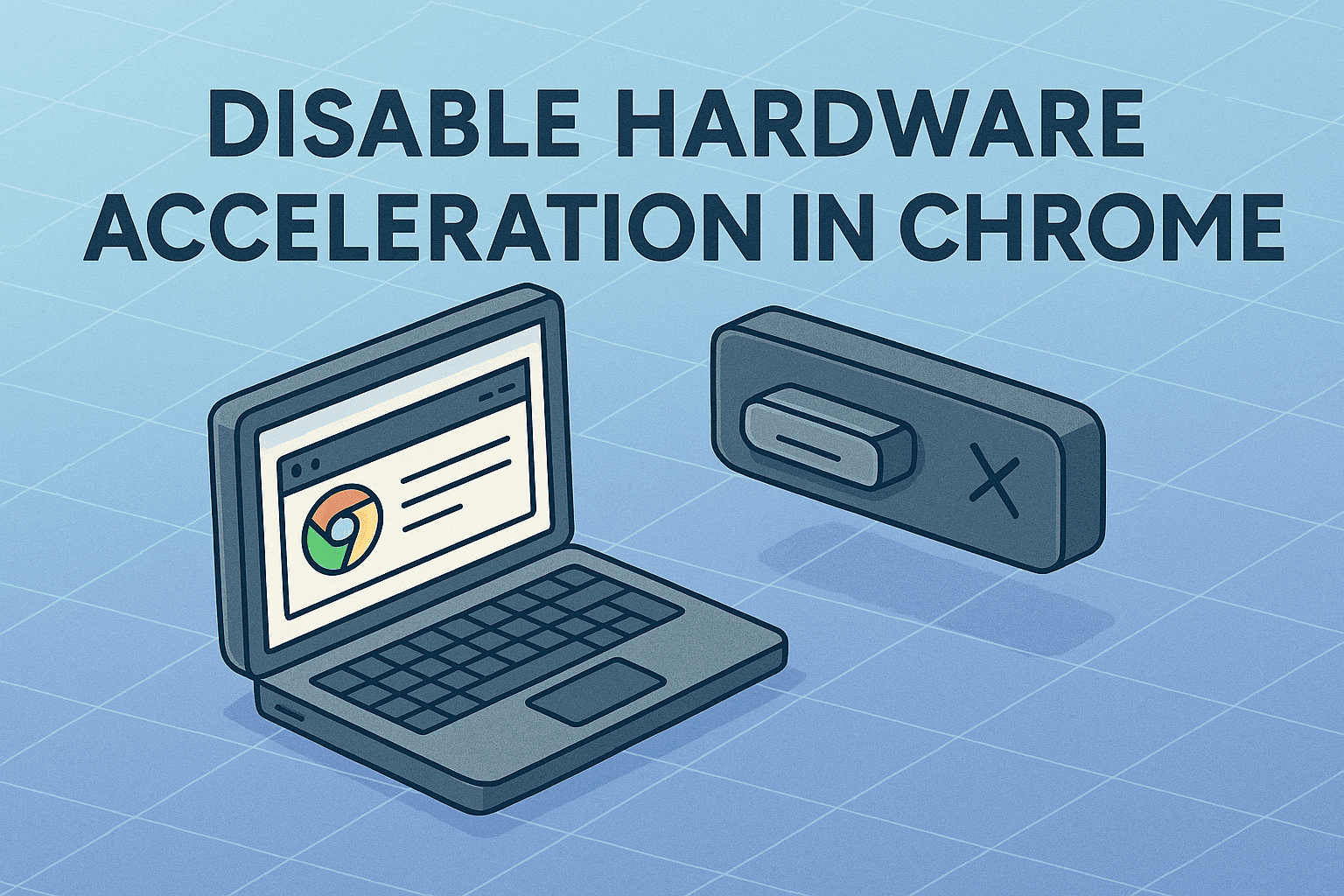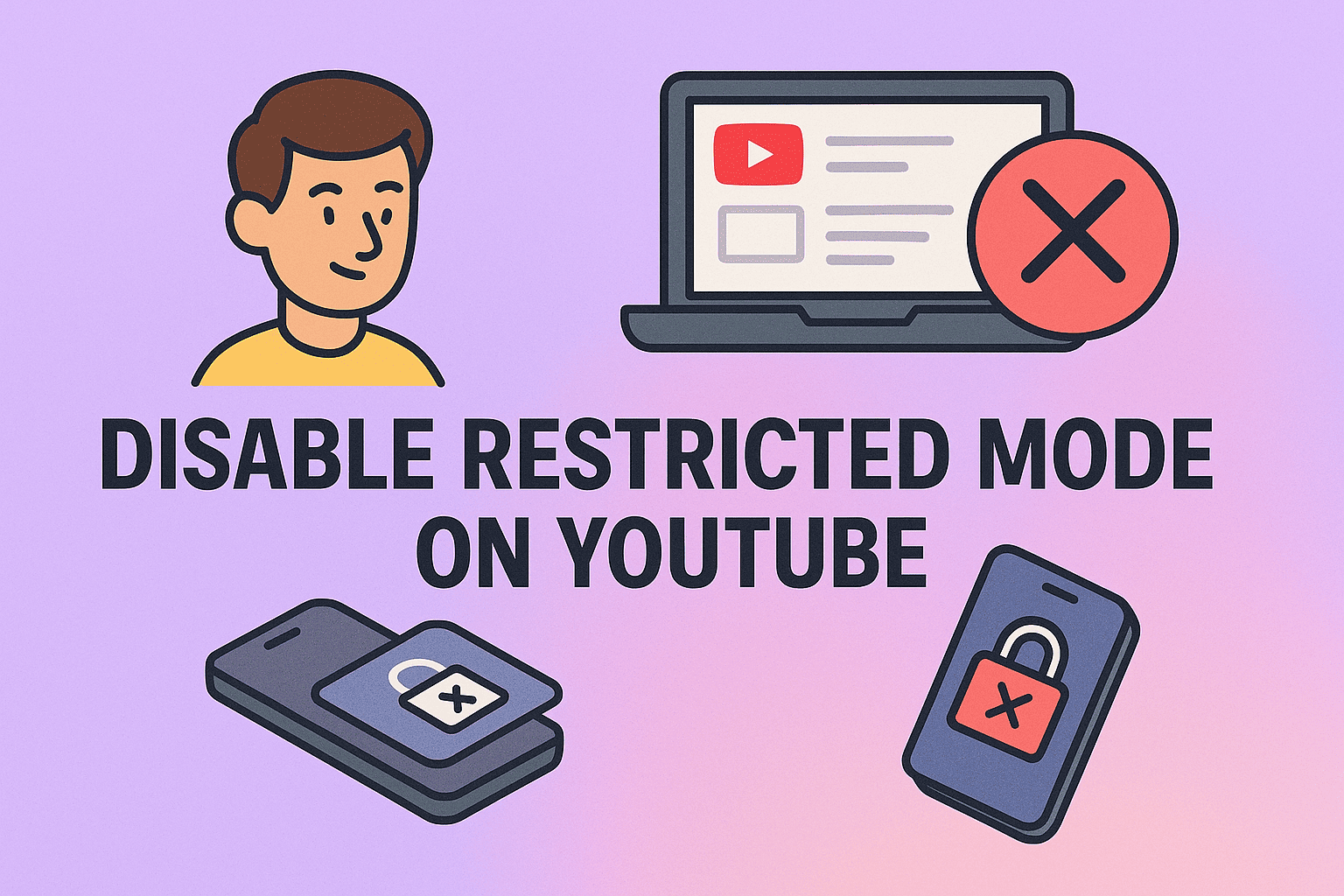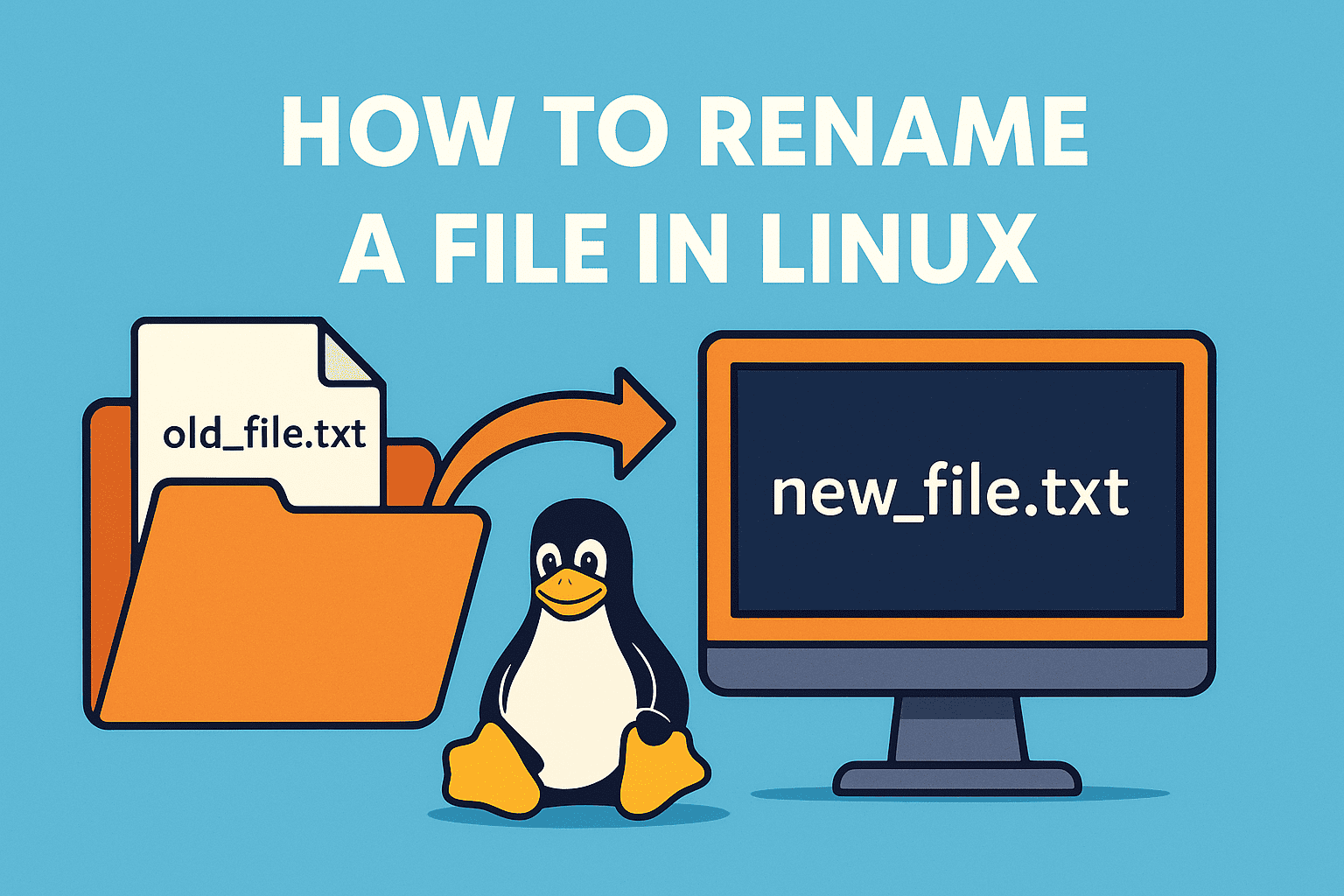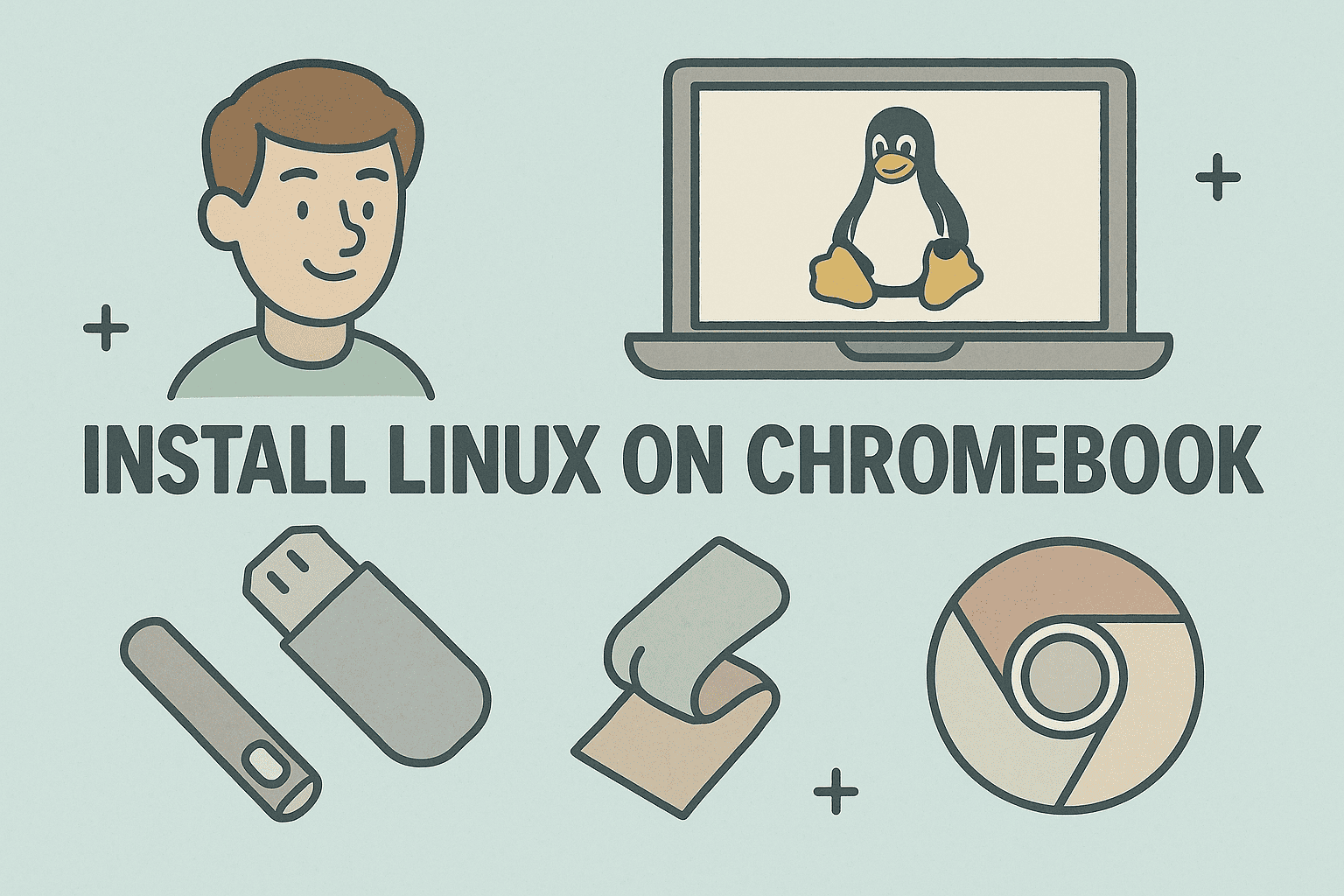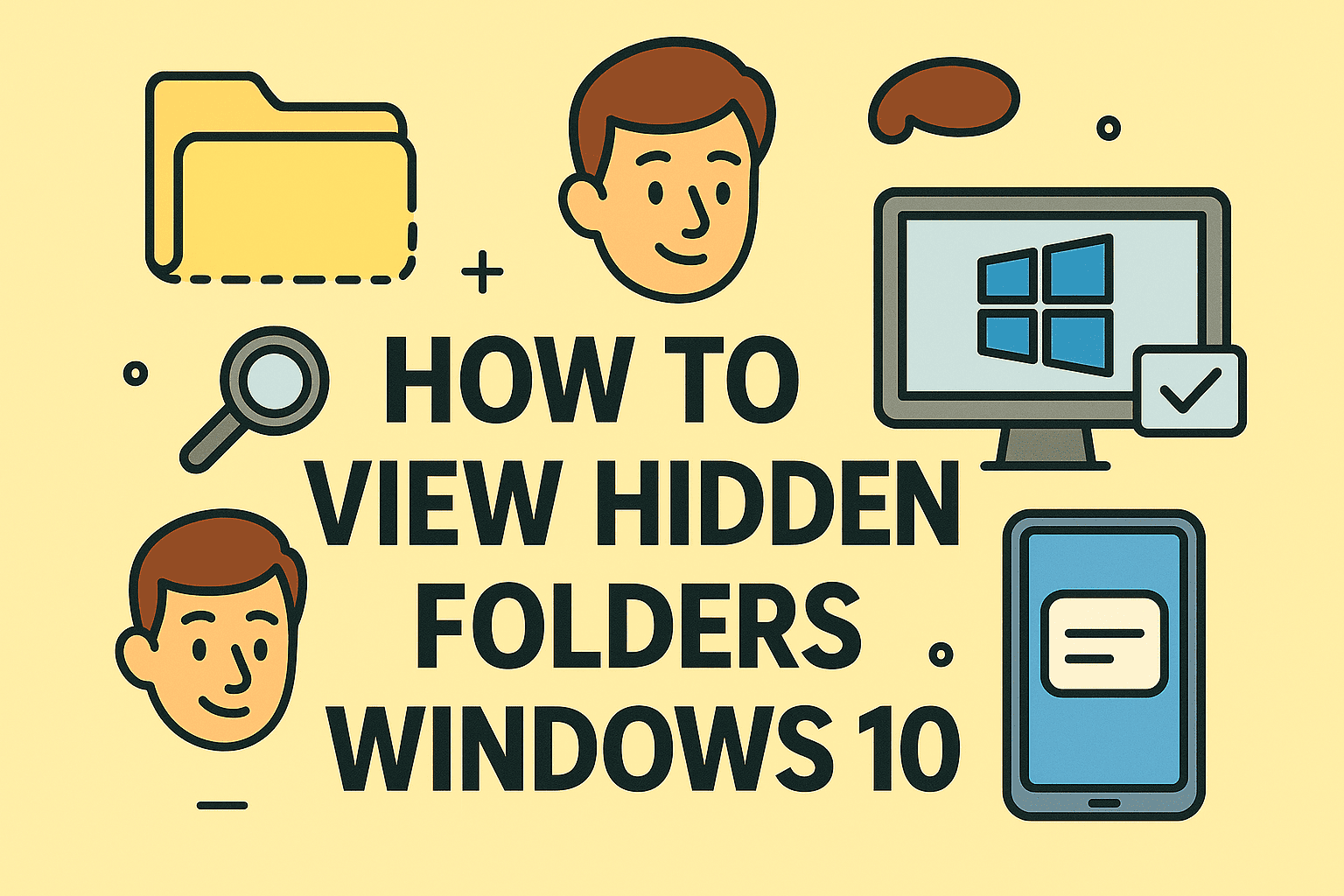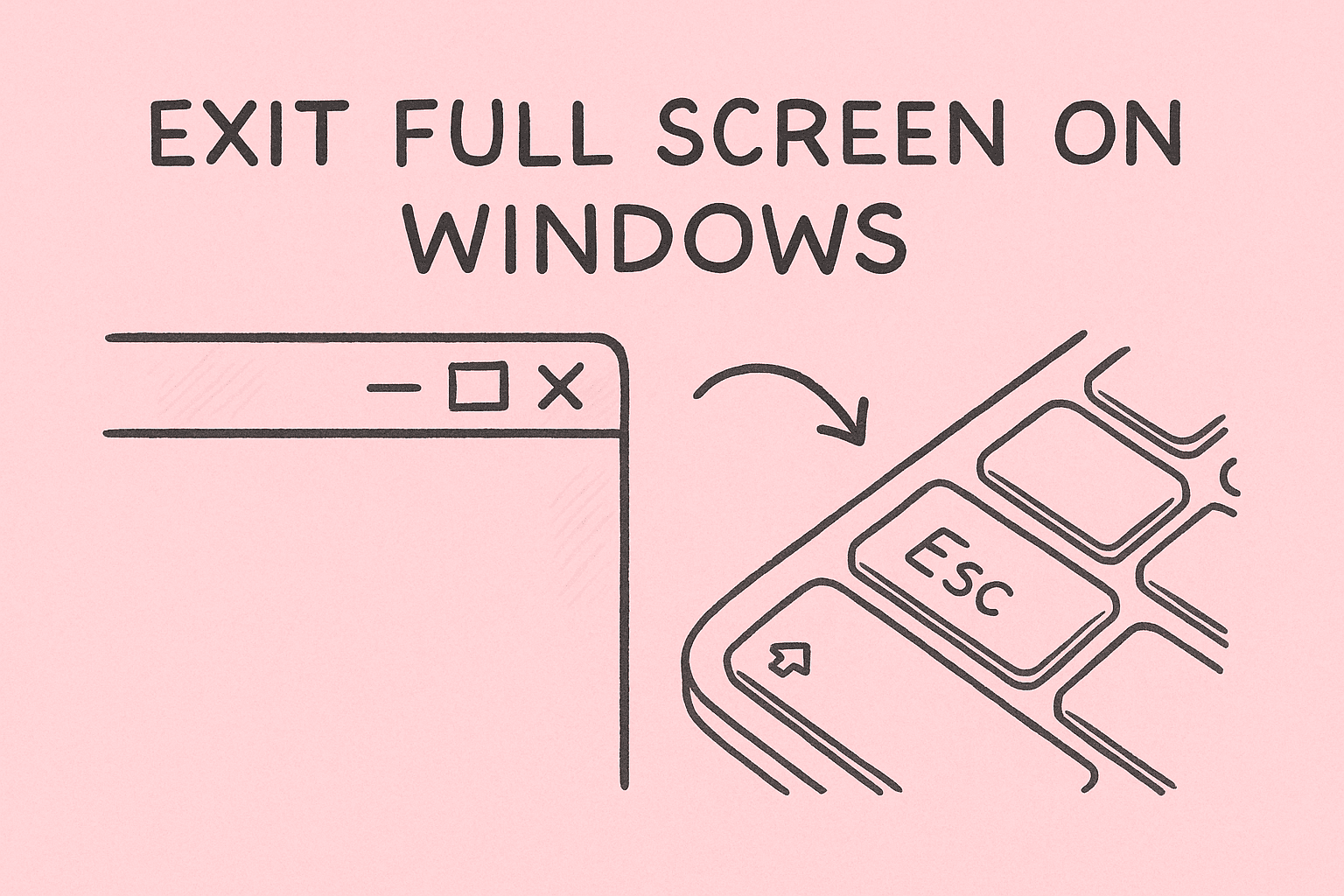Why Chrome OS Is Still Struggling
Updated on September 15, 2025, by ITarian
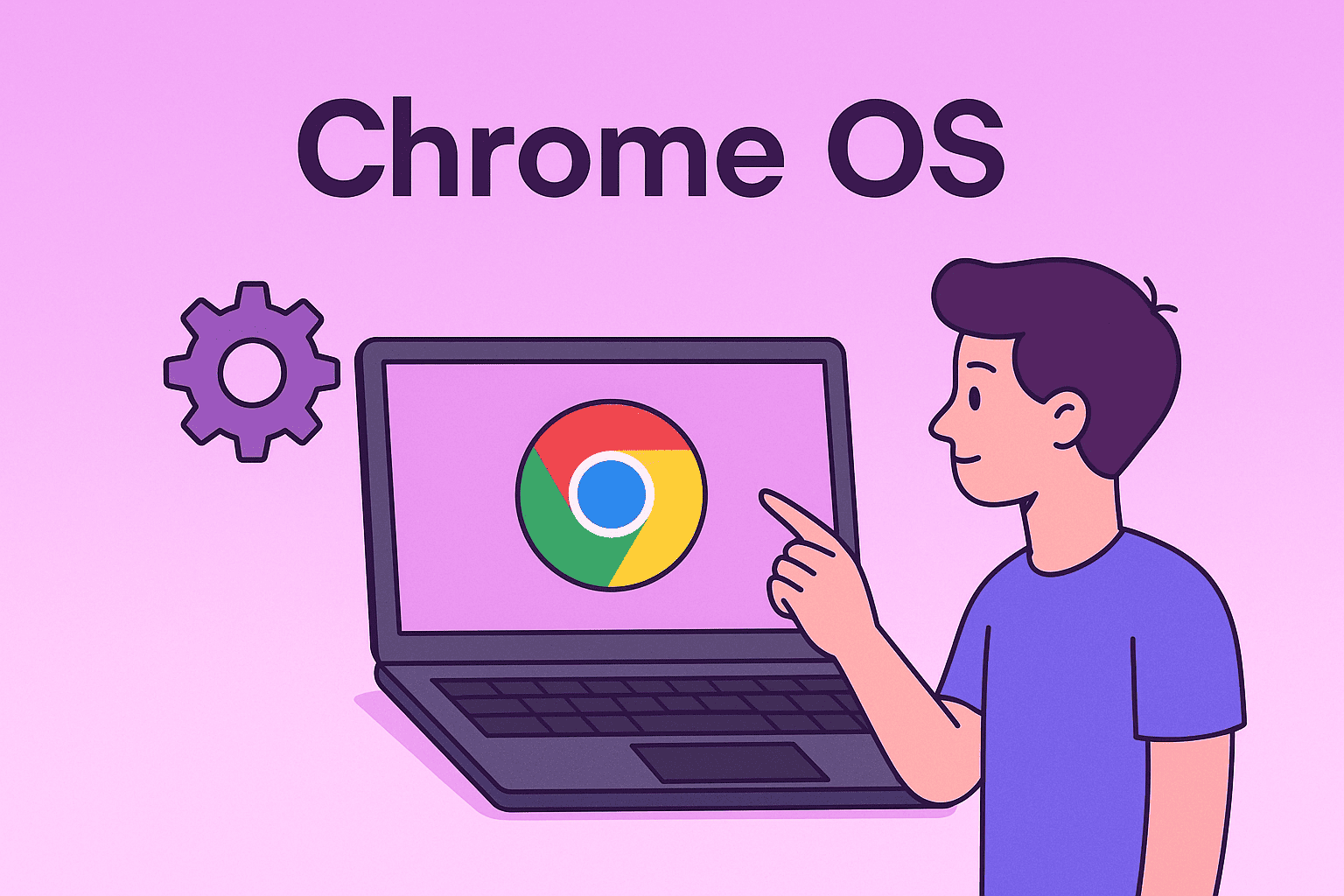
Have you ever wondered why Chrome OS is not popular despite being lightweight, affordable, and backed by Google? While Chromebooks have carved out a niche in education and budget markets, they haven’t reached the same widespread adoption as Windows or macOS. For IT managers, cybersecurity professionals, and business leaders, understanding the reasons behind this limited popularity is crucial for making informed technology choices.
In this article, we’ll explore the key limitations, adoption barriers, and performance factors that affect Chrome OS, while also comparing it with other operating systems.
What Is Chrome OS?
Chrome OS is Google’s cloud-centric operating system designed primarily for Chromebooks. It relies heavily on web-based applications and Google services like Drive, Docs, and Gmail. Unlike Windows or macOS, it doesn’t focus on traditional desktop software but rather cloud apps and Android app integration.
- Core design: Lightweight, browser-first OS
- Primary market: Schools, budget users, and lightweight business use
- Target advantage: Speed, simplicity, and low cost
Still, its strengths have not been enough to make it mainstream in all industries.
Main Reasons Why Chrome OS Is Not Popular
1. Limited Software Compatibility
One of the biggest drawbacks is software availability. Chrome OS does not support:
- Legacy enterprise software (common in finance, engineering, or healthcare)
- Advanced productivity tools requiring Windows/macOS
- High-end creative applications like Adobe Premiere Pro or AutoCAD
Businesses often rely on specialized desktop software that Chromebooks cannot run natively.
2. Dependency on Internet Connectivity
Although Google has improved offline capabilities, Chrome OS is still heavily internet-dependent. For industries or users with unstable connectivity, this creates usability challenges.
For example:
- Cloud storage requires internet access for sync.
- Web-based apps lack advanced offline features.
- Limited offline productivity compared to traditional systems.
3. Hardware Limitations of Chromebooks
Most Chromebooks are designed to be affordable, which means:
- Lower RAM and processing power than PCs.
- Limited storage (often relying on Google Drive).
- Shorter lifespan for enterprise-level usage.
While adequate for browsing, education, and light tasks, these hardware restrictions do not meet enterprise performance needs.
4. Lack of Industry Adoption
Unlike Windows or macOS, Chrome OS has not seen enterprise-wide adoption.
- IT departments prefer familiar ecosystems (Windows Active Directory, macOS integration).
- Limited enterprise management features compared to Microsoft Intune or Apple MDM.
- Lack of widespread vendor support for Chrome OS in specialized industries.
5. Gaming and Multimedia Limitations
For personal users, another reason Chrome OS isn’t popular is gaming support.
- No native PC gaming support.
- Limited compatibility with platforms like Steam (still in beta for Chromebooks).
- Graphic-intensive applications run poorly compared to Windows PCs.
This limits Chrome OS’s popularity in entertainment and multimedia-heavy markets.
Chrome OS vs Windows vs macOS
| Feature | Chrome OS | Windows 11 | macOS |
| App Availability | Limited | Extensive | Extensive |
| Hardware Options | Budget | Wide Range | Premium |
| Enterprise Adoption | Low | High | Moderate |
| Gaming Support | Minimal | Strong | Limited |
| Offline Capability | Weak | Strong | Strong |
Clearly, Windows and macOS offer more flexibility and compatibility, which is why Chrome OS remains less popular outside its niche.
Why Some Users Still Prefer Chrome OS
Despite its drawbacks, Chrome OS has key advantages that appeal to specific markets:
- Affordability – Lower upfront costs compared to PCs and Macs.
- Security – Built-in Google sandboxing and automatic updates.
- Simplicity – Easy to use, especially for non-technical users.
- Education Sector – Widely used in schools for basic learning.
But for IT leaders and enterprises, these benefits often don’t outweigh the limitations.
Future of Chrome OS
Google continues to improve Chrome OS by:
- Expanding Android app support.
- Integrating Linux applications.
- Enhancing enterprise tools for management and deployment.
Still, unless Chrome OS addresses its software and performance limitations, it’s unlikely to rival Windows or macOS in popularity.
FAQs About Chrome OS
1. Why is Chrome OS not popular for businesses?
Because it lacks compatibility with enterprise applications, advanced security tools, and IT management systems widely used in businesses.
2. Can Chrome OS replace Windows?
Not fully. While it’s sufficient for browsing, cloud apps, and education, it cannot replace Windows in professional or enterprise environments.
3. Is Chrome OS good for gaming?
No. Chrome OS does not support most PC games, and performance is limited compared to Windows gaming PCs.
4. Does Chrome OS work offline?
Yes, but with limited functionality. Google Docs, Sheets, and a few apps offer offline features, but it’s not as robust as Windows or macOS.
5. Who should use Chrome OS?
Students, casual users, or anyone who primarily uses cloud services and values affordability over advanced performance.
Conclusion
So, why is Chrome OS not popular? The answer lies in its limited software ecosystem, dependence on the internet, and lack of enterprise adoption. While it shines in education and as a budget-friendly option, it cannot yet compete with Windows or macOS for business and professional use.
Get Enterprise-Grade Security and Performance
Choosing the right operating system is only part of ensuring efficiency and security. For complete protection and IT management, consider advanced solutions that safeguard your systems.
Sign up with Itarian today to strengthen your organization’s cybersecurity and IT efficiency.


